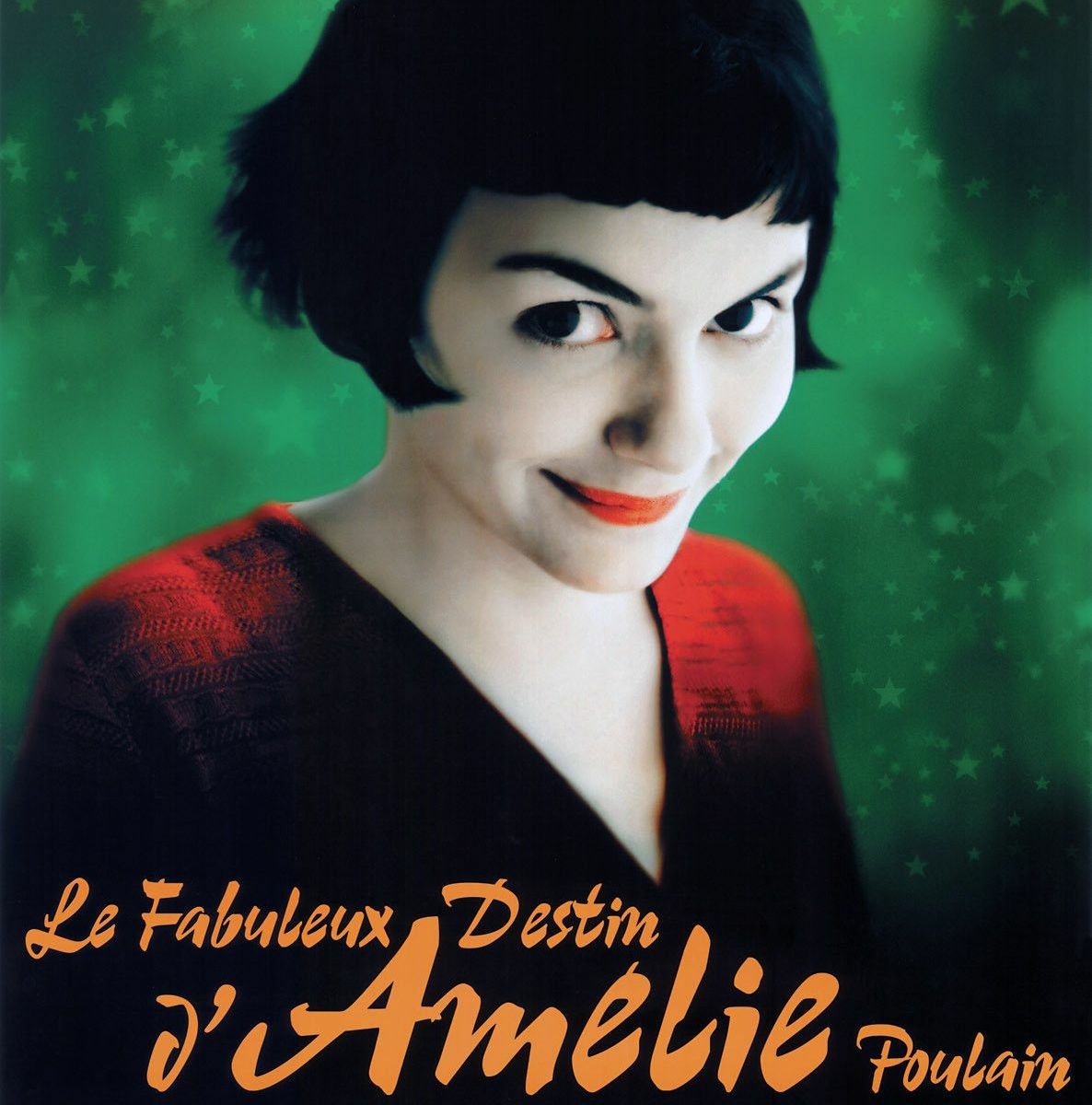



Moved to tears by the discovery and the memories it holds, Bretodeau resolves to reconcile with his estranged daughter and the grandson he has never met. Amélie finds the man, Dominique Bretodeau, and surreptitiously gives him the box. He recalls the boy's name as "Bretodeau". She promises herself that if it makes him happy, she will devote her life to bringing happiness to others.Īfter asking the apartment's concierge and several old tenants about the boy's identity, Amélie meets her reclusive neighbour, Raymond Dufayel, an artist with brittle bone disease who replicates Pierre-Auguste Renoir's 1881 painting Luncheon of the Boating Party every year. Amélie resolves to track down the boy and return the box to him. On 31 August 1997, startled by the news of the death of Diana, Princess of Wales, Amélie drops a plastic perfume-stopper, which dislodges a wall tile and accidentally reveals an old metal box which contains childhood memorabilia hidden by a boy who lived in her apartment decades earlier. She is single and lets her imagination roam freely, finding contentment in simple pleasures like dipping her hand into grain sacks, cracking crème brûlée with a spoon, and skipping stones along the Canal Saint-Martin. Amélie leaves home at the age of 18 and becomes a waitress at the Café des 2 Moulins in Montmartre, which is staffed and frequented by a collection of eccentrics. As a result, her father, Raphaël, withdraws more and more from society. When Amélie is six, her mother, Amandine, is killed when a suicidal Canadian tourist jumps from the roof of Notre-Dame de Paris and lands on her. To cope with her loneliness, Amélie develops an active imagination and a mischievous personality. The film was a major commercial success, grossing $174.2 million worldwide against a budget of $10 million, and is one of the biggest international successes for a French film.Īmélie Poulain is born in June 1974 and brought up by eccentric parents who – incorrectly believing that she has a heart defect – decide to home-school her. It was nominated for five Academy Awards, including Best Foreign Language Film and Best Original Screenplay. Amélie won Best Film at the European Film Awards, four César Awards, including Best Film and Best Director, and two British Academy Film Awards, including Best Original Screenplay. The film received widespread critical acclaim, with major praise for Tautou's performance, the cinematography, production design, and writing. The film features an ensemble cast of supporting roles, including Mathieu Kassovitz, Rufus, Lorella Cravotta, Serge Merlin, Jamel Debbouze, Claire Maurier, Clotilde Mollet, Isabelle Nanty, Dominique Pinon, Artus de Penguern, Yolande Moreau, Urbain Cancelier, and Maurice Bénichou.Īmélie was theatrically released in France on 25 April 2001 by UGC-Fox Distribution and in Germany on 16 August 2001 by Prokino Filmverleih. It tells the story of a shy waitress, played by Audrey Tautou, who decides to change the lives of those around her for the better while dealing with her own isolation. Written by Jeunet with Guillaume Laurant, the film is a whimsical depiction of contemporary Parisian life, set in Montmartre. A girl in Renoir's 1881 painting Luncheon of the Boating Party provides a key plot pointĪmélie (also known as Le Fabuleux Destin d'Amélie Poulain French pronunciation: English: The Fabulous Destiny of Amélie Poulain) is a 2001 French-language romantic comedy film directed by Jean-Pierre Jeunet.


 0 kommentar(er)
0 kommentar(er)
